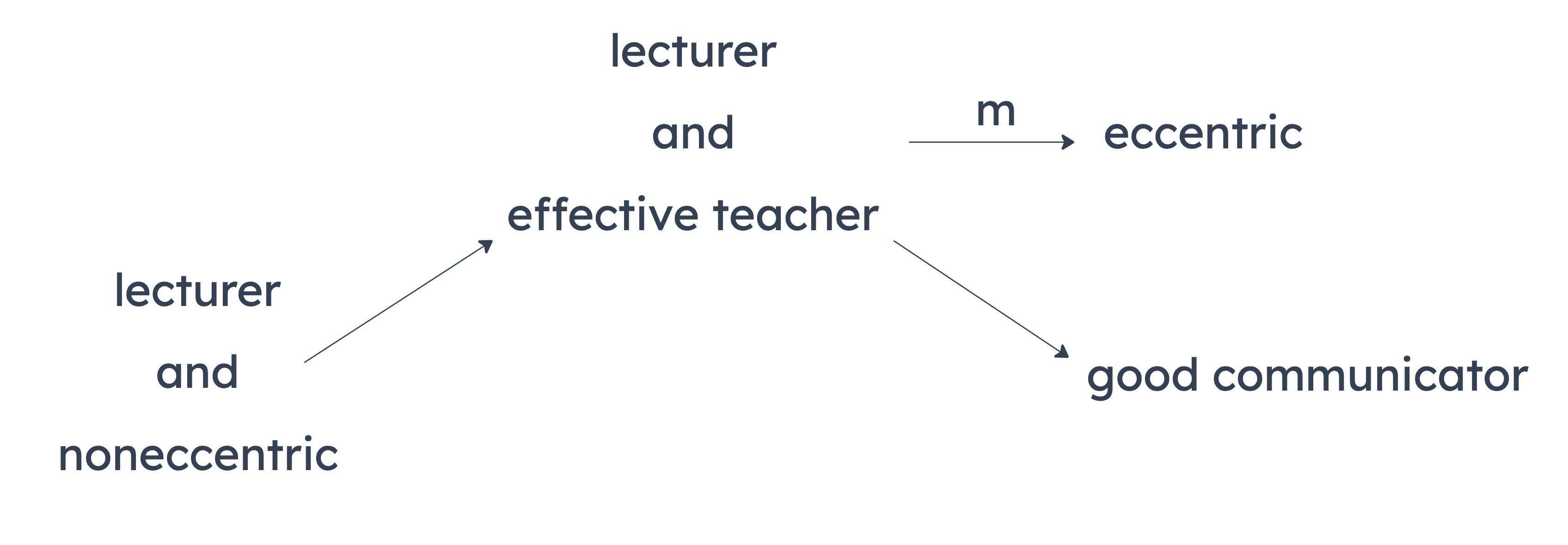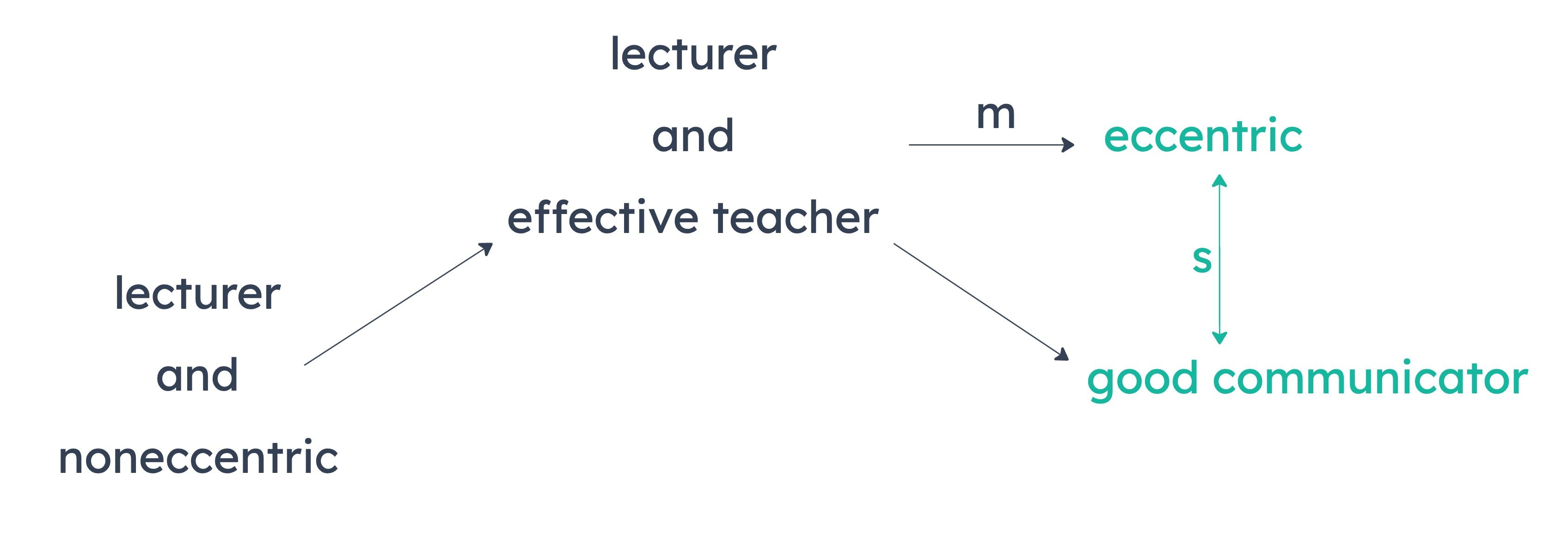Summarize Argument
The author concludes that the only people who need to reduce their sodium intake are those who have high blood pressure and whose bodies can’t process extra sodium. As support, the author references studies that show that for the majority of people who have normal blood pressure, any extra sodium is just excreted from the body and doesn’t cause an increase in blood pressure.
Notable Assumptions
The author assumes that, because the excess sodium is excreted and doesn’t impact blood pressure, it doesn’t have any detrimental impacts on the body. There could be other negative impacts of the excess sodium that occur before it’s excreted.
A
High blood pressure is more harmful than was previously believed.
This is irrelevant to the argument because, for most people, excess sodium doesn’t significantly raise blood pressure. The argument already says that those with high blood pressure need to restrict their sodium intake.
B
High blood pressure is sometimes exacerbated by intake of more sodium than the body requires.
This is not inconsistent with the argument; we know that for the “vast majority,” excess sodium doesn’t significantly raise blood pressure, but the argument allows that this isn’t the case for everyone.
C
Excess sodium intake over time often destroys the body’s ability to process excess sodium.
(C) shows how excess sodium intake can be detrimental even though the excess sodium is excreted and doesn’t significantly raise blood pressure. This weakens the argument that only those with high blood pressure and who can’t process extra sodium need to restrict sodium intake.
D
Every human being has a physiological need for at least some sodium.
The argument is about excess sodium intake, so this is irrelevant.
E
Any sodium not used by the body will increase blood pressure unless it is excreted.
(E) tells us that if sodium is not used by the body and is not excreted, then it will increase blood pressure. This is consistent with the argument. For the vast majority of people, sodium that is not used is simply excreted.
Summary
Some noneccentric lecturers are very effective teachers, but most lecturers who are effective teachers are eccentric. Every effective teacher is a good communicator.


Notable Valid Inferences
Some good communicators are eccentric.
A
Some good communicators are eccentric.
Must be true. As shown below, we can combine the conditional claims that most lecturers who are effective teachers are eccentric and that every effective teacher is a good communicator. There must be some overlap between good communicators and eccentric people. 

B
All good communicators are effective teachers.
Could be false. This answer choice confuses sufficiency for necessity. We know that all effective teachers are good communicators, but we don’t necessarily know if all good communicators are effective teachers.
C
Some lecturers who are not effective teachers are not eccentric.
Could be false. As shown in our diagram, our conditions are limited to lecturers who are effective teachers. Lecturers who are not effective teachers are outside of the scope of our conditions.
D
Most lecturers who are good communicators are eccentric.
Could be false. As shown on our diagram, the only “most” relationship we have is that most lecturers who are effective teachers are eccentric. We cannot infer any other “most” relationships, we can only infer “some” relationships.
E
Some noneccentric lecturers are effective teachers but are not good communicators.
Must be false. We know that every effective teacher is a good communicator. It is impossible to infer that some effective teachers are not good communicators from our conditions.
Summarize Argument: Phenomenon-Hypothesis
The author concludes that gravity is a property of space itself. Her evidence is that photons and neutrinos emitted by a distant supernova all reached Earth at the same time.
Notable Assumptions
The author believes that the neutrinos and photons wouldn’t have all reached Earth at the same time unless gravity was a property of space itself. The author therefore assumes that objects moving at uniform speed through space signifies that gravity is a property of space.
A
Einstein predicted that photons and neutrinos emitted by any one supernova would reach Earth simultaneously.
We don’t care if Einstein predicted the premise. We’re trying to strengthen the connection between that premise and the conclusion: that gravity is an aspect of space.
B
If gravity is not a property of space itself, then photons and neutrinos emitted simultaneously by a distant event will reach Earth at different times.
Unless gravity was a property of space, then the photons and neutrinos would’ve reached Earth at different times. Since they reached Earth at the same time, gravity must be a property of space.
C
Photons and neutrinos emitted by distant events would be undetectable on Earth if Einstein’s claim that gravity is a property of space itself were correct.
We don’t care about whether photons and neutrinos are undetectable. Besides, those photons and neutrinos evidently were detectable, yet the author argues Einstein’s claim is correct.
D
Photons and neutrinos were the only kinds of particles that reached Earth from the supernova.
We don’t care. There could’ve been other particles the author chose not to mention.
E
Prior to the simultaneous arrival of photons and neutrinos from the supernova, there was no empirical evidence for Einstein’s claim that gravity is a property of space itself.
We don’t care when Einstein’s claim was given empirical weight. We’re trying to strengthen the connection between the particles reaching Earth at the same time and gravity being a property of space.